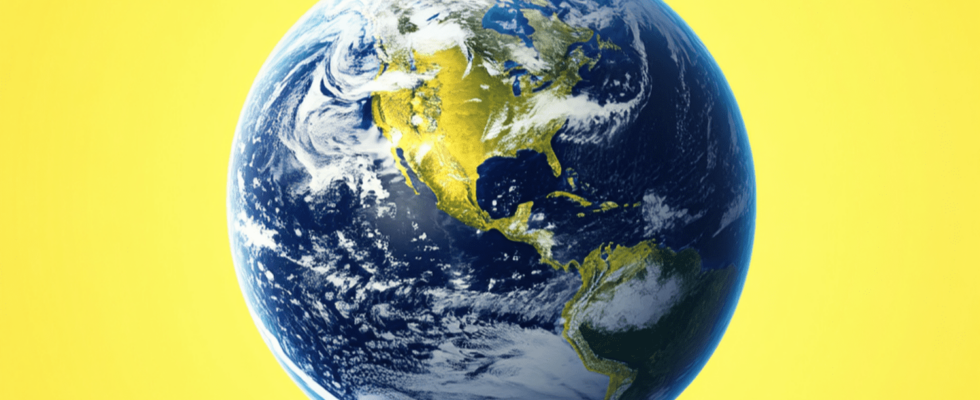If humanity were to become extinct, an animal could take over a dominant role, scientists say. It’s quite unexpected.
The end of humanity questions scientists, especially in the face of climate change. And if that were to happen, what would happen to the animals? How would the Earth reorganize itself? Several experts agree on an animal that would be capable of ruling the Earth if there were no more human beings. Professor Tim Coulson of Oxford University is one of them, as he explained in his book The Universal History of Us. According to him, extinction is the destiny of all species and will therefore one day affect humans. Despite this disappearance, he estimates that life should persist on Earth for another billion years.
Primates could then appear as the natural successors of man. However, according to the expert, these would be too vulnerable to climate change and predators. As for birds and insects, some of which are known for their intelligence, they could not take this dominant place because of their lack of motor skills.
The animal that could reign over the Earth, identified by the author, in fact has several strong characteristics that would allow it to “evolve into a species capable of building a civilization”, he explained to The European. First of all, it is endowed with great cognitive abilities, allowing it to be among the most intelligent creatures existing on Earth. In addition, this animal is very independent and can adapt to a changing environment.

It’s about the octopus. According to the expert, their “problem-solving skills, ability to manipulate objects and camouflage” are their greatest assets in achieving such ends. Studies have already proven that they can manipulate tools or do puzzles. They also manage to survive in various habitats and can breathe for 30 minutes outside of water.
According to Tim Coulson, it is even possible that octopuses “could, in the long term, develop breathing devices to survive outside of water”. They would not become land animals, however, but could hunt prey on Earth and colonize new ecosystems, as Man has done in the water. They would also be capable of building underwater communities but it would take “hundreds of thousands, even millions of years to achieve this”.
However, while this hypothesis should not be ruled out, it is currently impossible to say with certainty that such a scenario would occur if Man disappeared: “evolution is unpredictable and we cannot say with certainty what path it will take in the event of human extinction.
